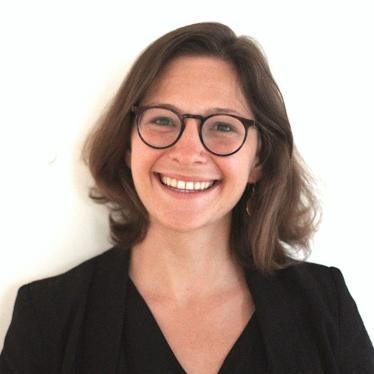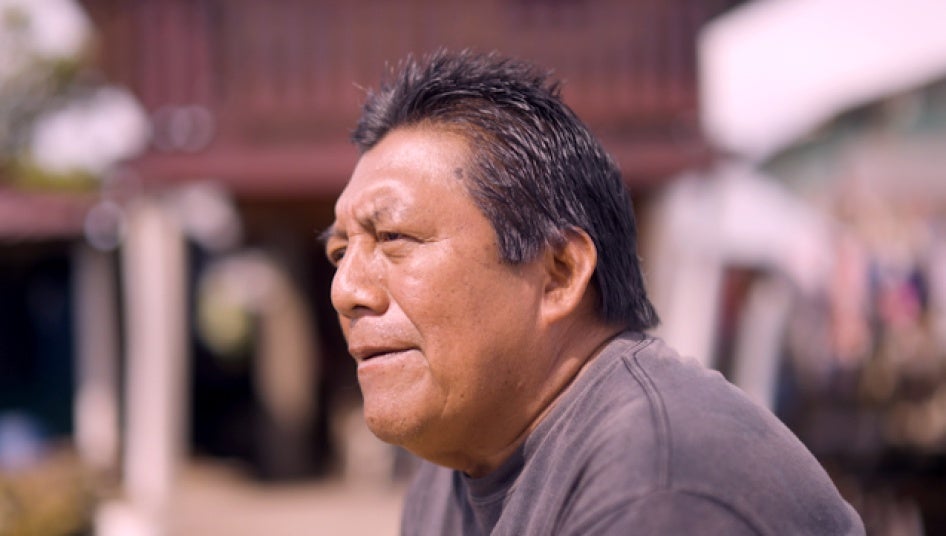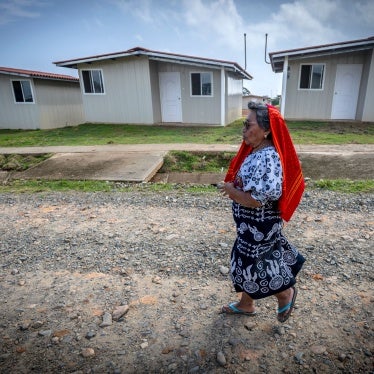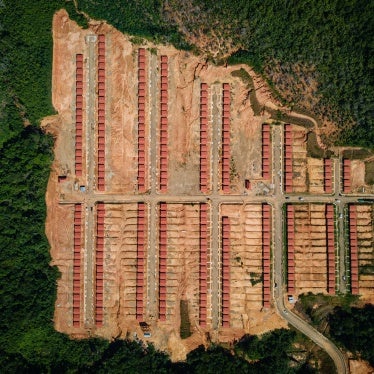Today we honor Blas Lopez, a Guna Indigenous community leader from the small, flood-prone island of Gardi Sugdub, Panama. Trained as a sociologist, Blas dedicated his life to community-led climate adaptation and was a key architect of his community’s efforts to relocate to safer land. Tragically, he passed away last week from a sudden and unexpected illness.
Blas passed just days after glimpsing the beginning realizations of a dream he had worked towards since 2010: his family, and hundreds of others, were given keys to their new, safer homes on the mainland. That the relocation finally took place this month is testament to the fierce love he had for his community.
I first met Blas last year in Panama City, while writing a report about threats to human rights during climate-related relocation. With a generous spirit, he helped us interview dozens of people. Our report would not have been the same without him.
Blas and I stayed in contact. He had a unique ability to forge connections with people despite distances and worldviews. He created and sustained deep friendships with people from all walks of life and in all corners of the globe. I feel fortunate to have been among them.
Like many, I am impressed at Blas’s rare ability to translate dreams into reality. But there is much left to do to honor his legacy.
The relocation site for the Guna people, Isber Yala, still needs access to essential services, including water, health care, and sanitation, as Panama's Ombudsman recently confirmed. The Panamanian government should place voices of Indigenous leaders like Blas at the center of its consultations; doing so would constitute an important step toward developing a national strategy that safeguards rights in future climate-related planned relocations.
Today, the UN special rapporteur on the rights of internally displaced persons launched the first ever special rapporteur’s report focused solely on the rights of communities planning relocation in the context of climate change. Far from the meeting halls of the Human Rights Council in Geneva, Blas modeled what the principles enshrined in this report—self-determination, meaningful consultation, and nondiscrimination—look like in the practice of community-led planned relocation.
Last year, Blas spoke to Human Rights Watch of what a rights-respecting, Indigenous community-led planned relocation as a climate adaptation measure of last resort could look like. Now, it’s up to all of us to help fully realize his dream.










